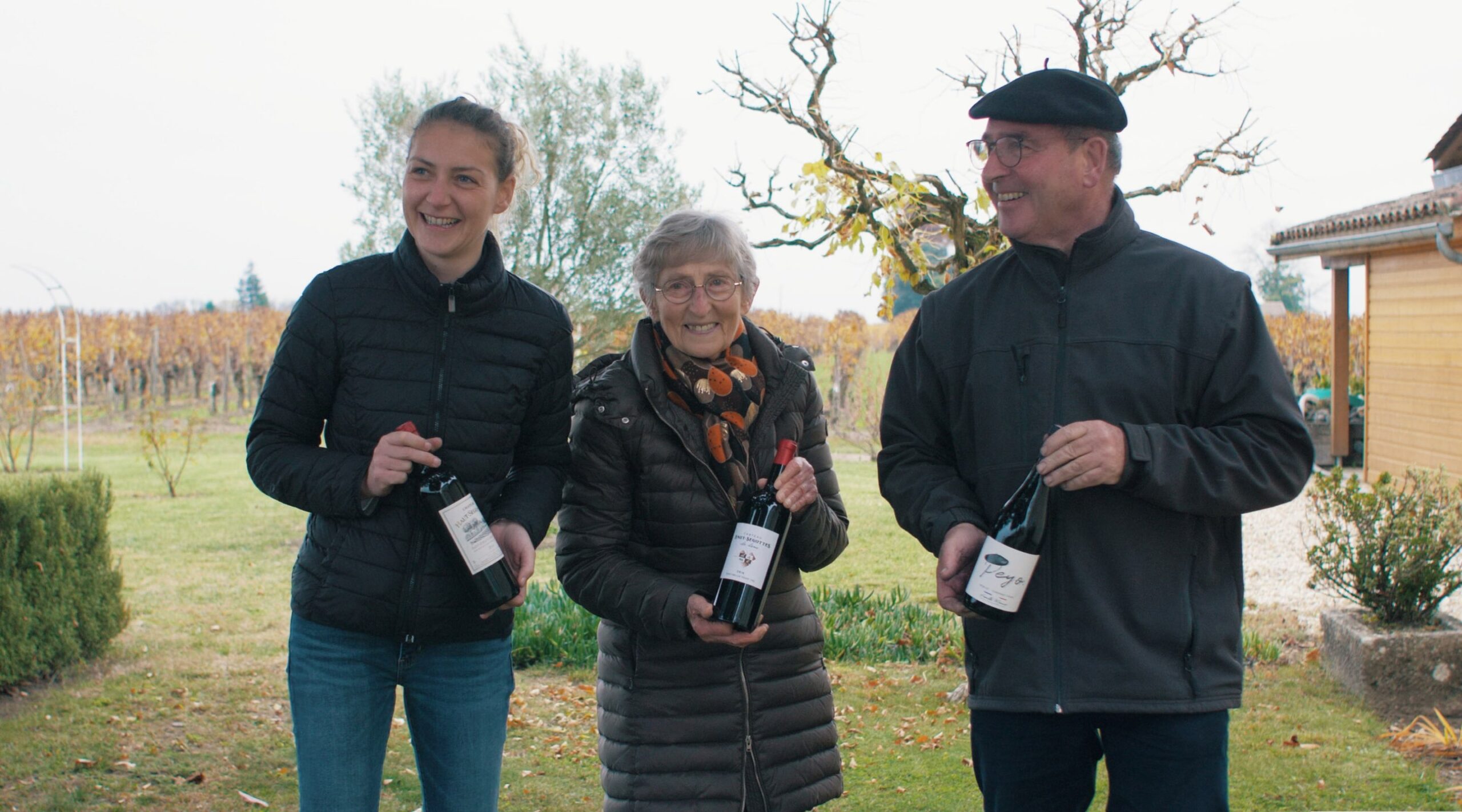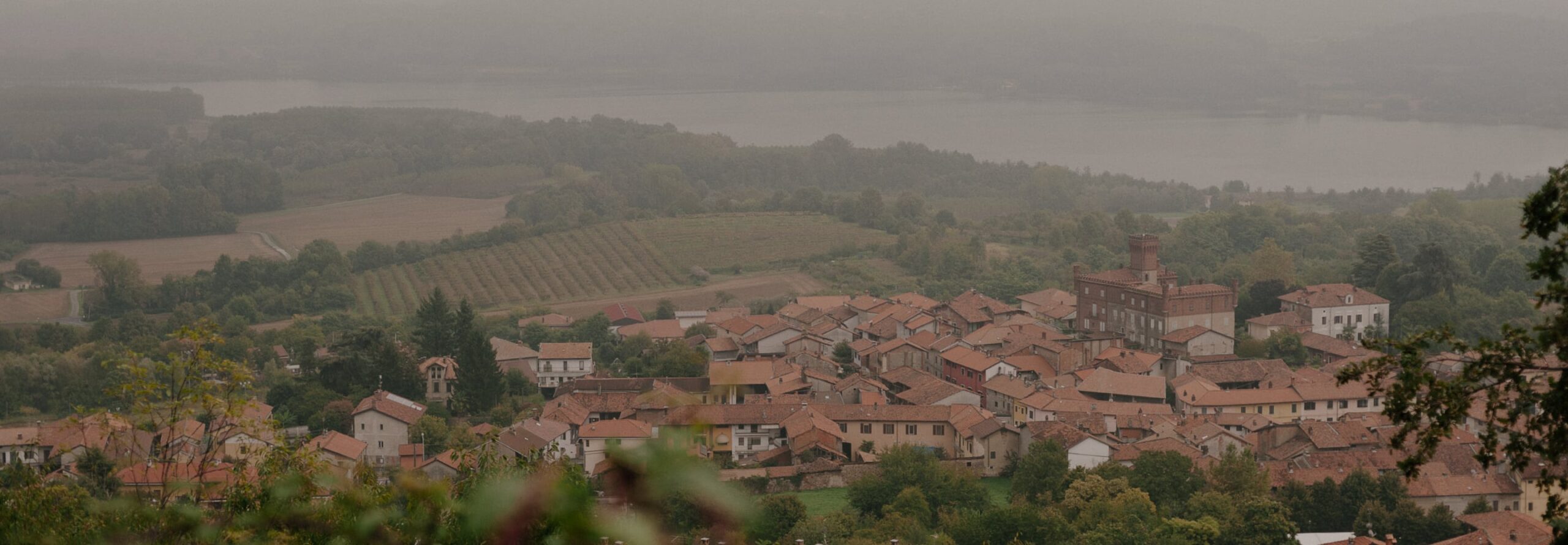The Château Haut-Ségottes is owned and operated by Danielle Meunier. Mme. Meunier, “vigneronne extraordinaire”, is the fourth generation of her family to oversee this nine hectare estate situated in the heart of the Saint Emilion appellation. Mme. Meunier’s great-grandfather purchased the estate around 1860 and had earned gold medals for his wine as early as 1912 at the Concours Agricole in Paris. In 1959, the estate began to bottle its wine in earnest. In 1972 Madame Meunier took the reins of production and we can proudly stake our claim as one of her first and most loyal clients: we have been purchasing her wines since the 1977 vintage. The 9 hectares Château Haut-Segottes are all planted within the St. Emilion Grand Cru appellation. The vineyards are planted 60% to Merlot, 35% to Cabernet Franc, and 5% to Cabernet Sauvignon. The position of the vineyards within the appellation is outstanding. Parcels are found within the “lieu-dits” of Fortin (across from La Dominique and 300 meters from Cheval Blanc); Chauvin; and the highly regarded “Plateau de Corbin”. Production levels average 45 hectoliters per hectare. Haut-Segottes bottles between 30,000 to 40,000 bottles per year.
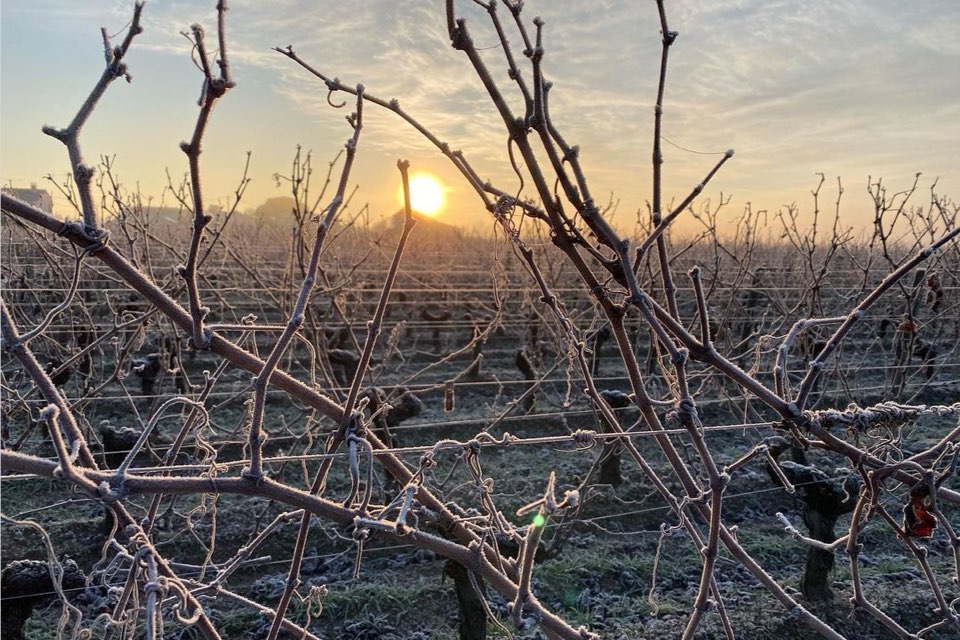
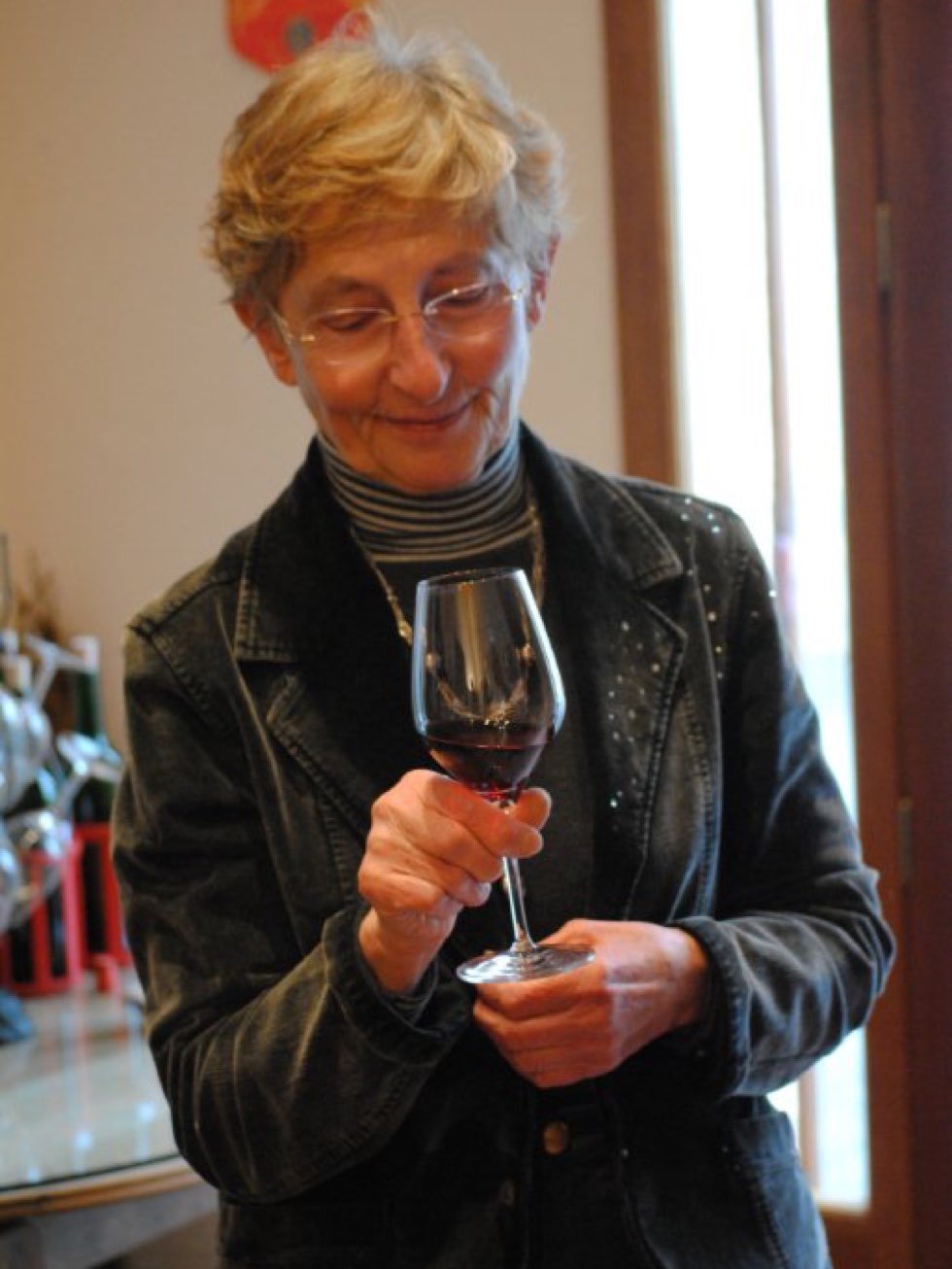
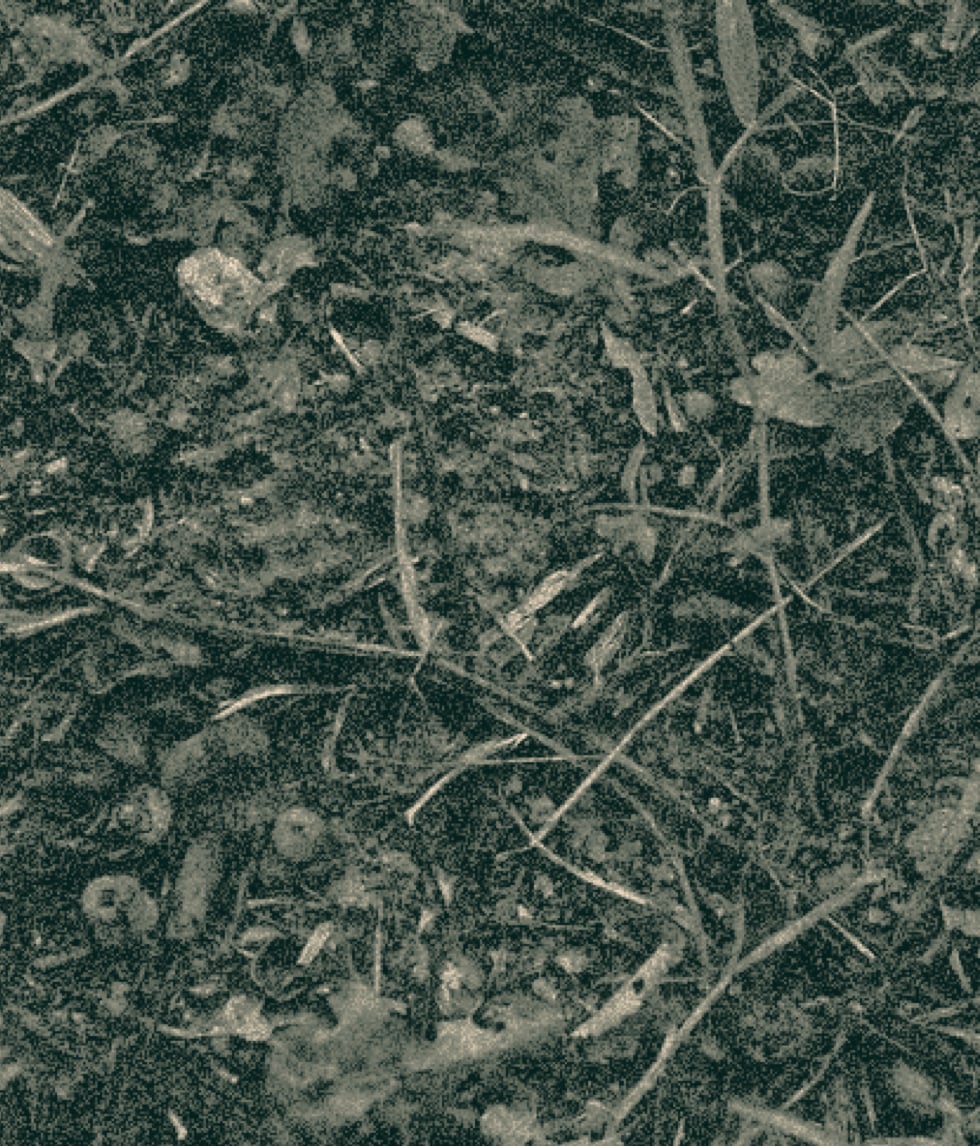
In 1972 Madame Meunier took the reins of production and we can proudly stake our claim as one of her first and most loyal clients: we have been purchasing her wines since the 1977 vintage.
We have never encountered a more meticulous wine producer. Madame Meunier’s cave is impeccably organized and clean as the proverbial “whistle”. The vineyards are tended with the utmost of care by Madame Meunier and her long-serving trio of master “gardeners”. Her obsession with, and dedication to her vineyards, enables Madame Meunier’s Haut Ségottes to produce exceptional quality year-in and year-out despite the vagaries of the weather. The wines of this estate capture the essence of the artisanal craftsperson.
Farming
Practicing organic
Treatments
Only Copper Sulfate and essential oils
Ploughing
Bi-annual ploughing and working of the soil
Soils
Sandy clay with bands of iron in the sub-soils
Vines
40-year old vines, trained in Guyot and planted at 6,000 vines/ha
Yields
De-leafing, de-budding, and green harvesting all increase the quality of the estate’s crop
Harvest
Exclusively manual, on a parcel-by-parcel basis
PURCHASING
Entirely estate fruit
Fermentation
After sorting and destemming, the crop ferments with native yeasts (pied de cuve) in concrete tanks. Cuvaison lasts c. 3 weeks.
Extraction
Daily pumpovers during fermentation
Chaptalization
None
Pressing
Pneumatic
Malolactic Fermentation
Spontaneous, simultaneous/concurrent with alcoholic fermentation.
Élevage
12-18 months in barriques, 25-30% new. La Dame sees similar élevage in new barrels.
LEeS
Wine is separated from its lees following cuvaison
FINING & FILTRATION
Fining with egg whites, plate filtration
SULFUR
Applied after malolactic, during élevage, and at bottling

